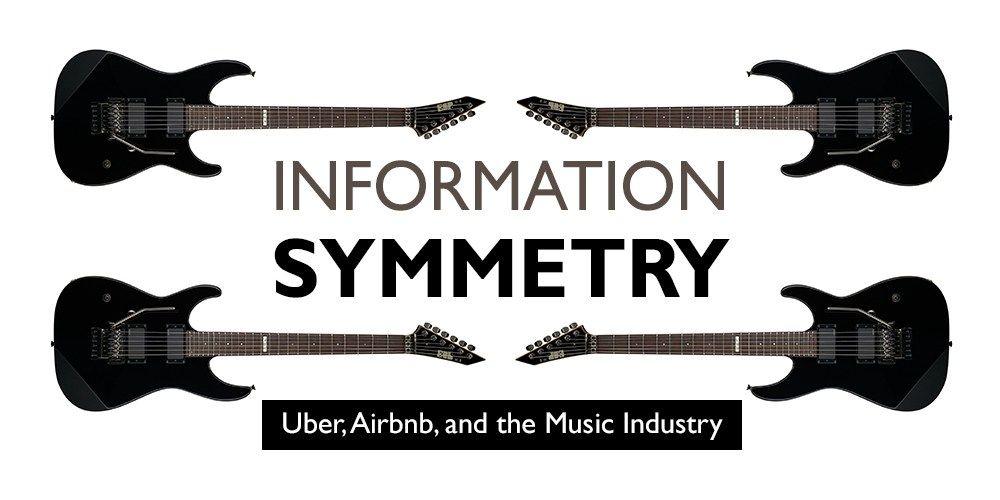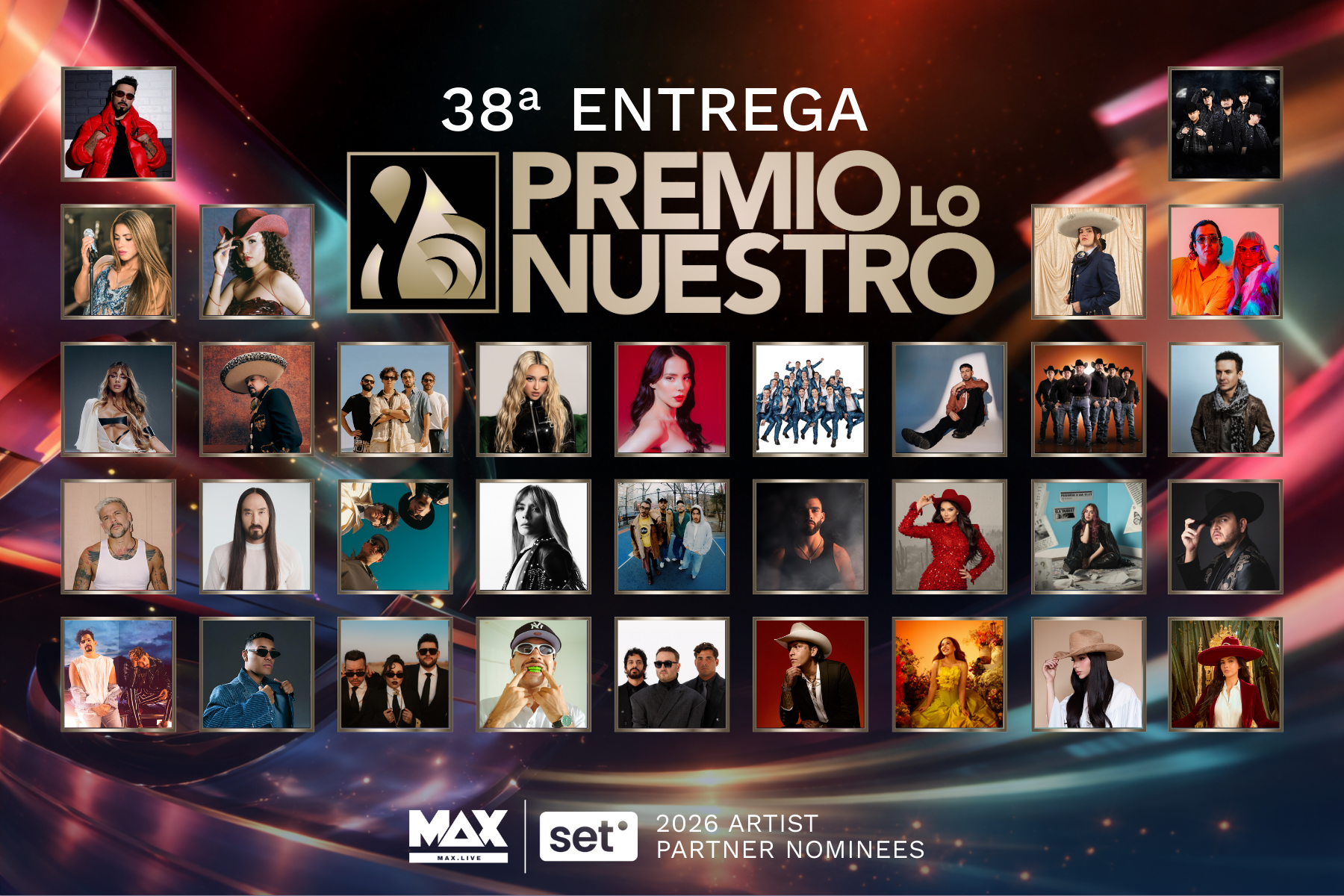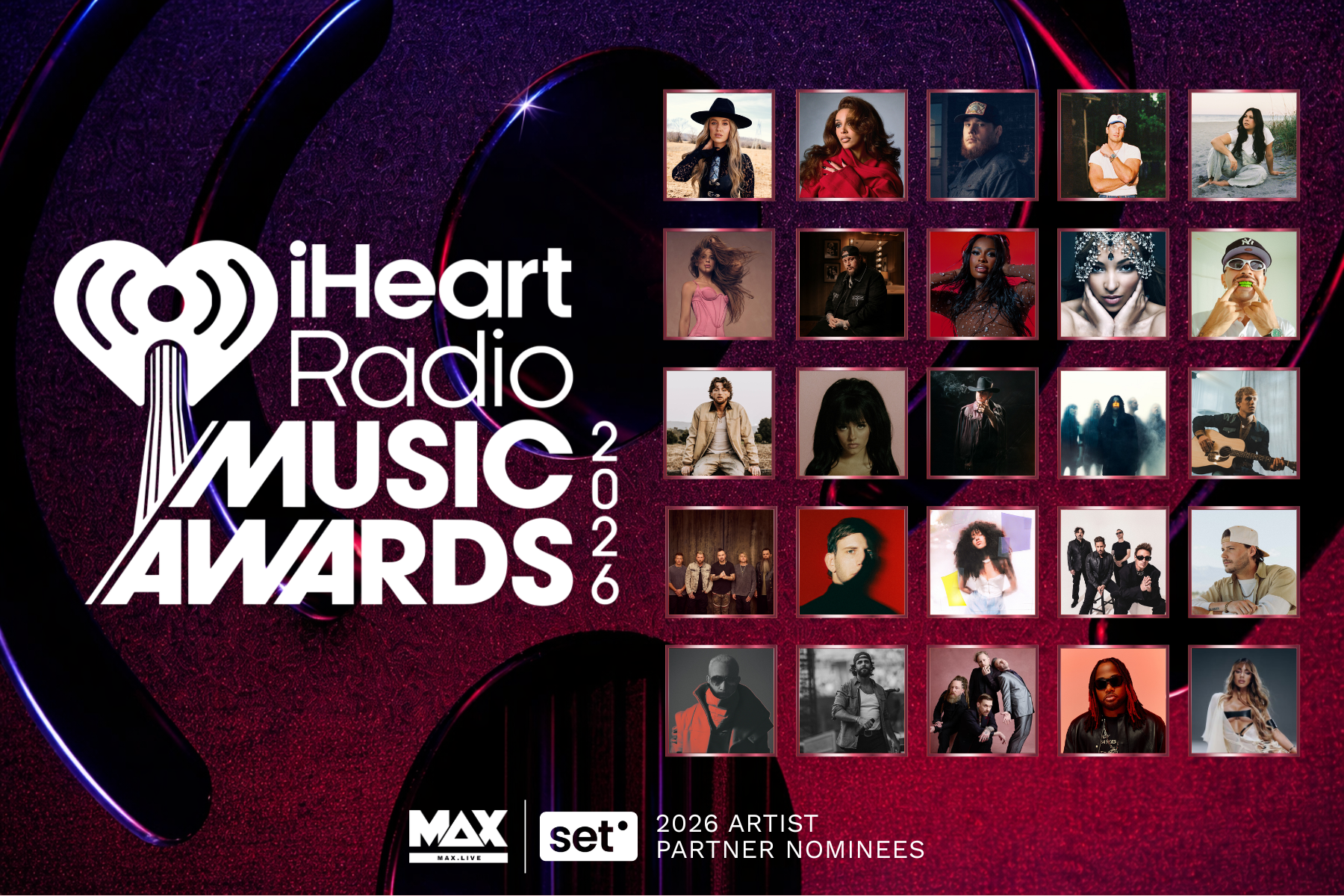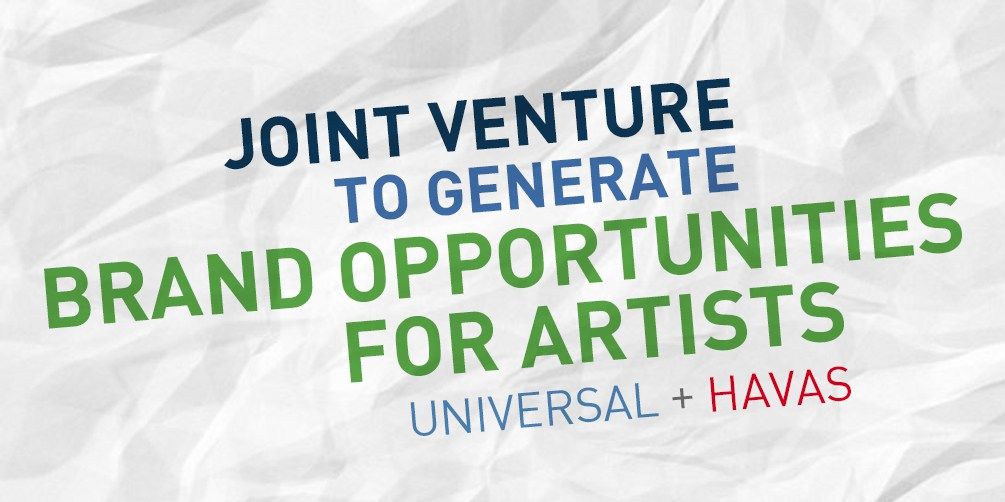Alexander Stewart × Credit Karma
It might seem a little weird to hear about financial responsibility from a musician... until you realize that it's a lot easier to follow your dreams...

There’s a passage from a March 15 TechCrunch post that recently went viral. You may have seen it –it reads:
"Uber, the world’s largest taxi company, owns no vehicles. Facebook, the world’s most popular media owner, creates no content. Alibaba, the most valuable retailer, has no inventory. And Airbnb, the world’s largest accommodation provider, owns no real estate. Something interesting is happening."
The guiding thesis here is nothing new; markets once governed by information asymmetry (where suppliers have much more information than consumers) have been forever altered by the digital age. As TechCrunch puts it, “The Internet is the most powerful mechanism we can imagine to match perfectly individuals that need something, and people with something to offer.” Suppliers were once rewarded for possessing information not privy to the buyer (i.e. available inventory and the correlative impact on pricing, quality controls, etc.). While the “end of information asymmetry” has not yet been fully reached, today’s big tech winners have created new marketplaces via efficient disintermediation. They are connecting a new subset of suppliers with end users, based upon near-perfect information symmetry – in Airbnb’s case, homeowners with empty rooms are connecting with travelers in need of accommodations; in Uber’s case, drivers with free time are connecting with folks in need of a ride. These companies have built an interface layer to facilitate the free flow of information across the supply chain, and to power the continual enrichment of that data (i.e. two-way user reviews, surge pricing transparency, etc.).
Today, only a select few industries (and their associated stakeholders) are realizing the benefits of information symmetry. Accommodations and transportation are just the low hanging fruit. A huge benefit of markets improved (or created) by the free flow of information is the demand-driven optimization of inventory – the right service or goods getting to the right consumer at the right time…and for the right price. In other words, there is a beautifully symbiotic alignment of interests when information symmetry is achieved, and there are plenty of industries ripe for this kind of positive disruption.
Take, for example, the music industry. Its players are struggling to adapt to the new economic realities brought about by free streaming, which has rendered recorded music monetarily valueless. Those who benefit most from the institutionalized order of things (the remaining labels and their chart-topping artists) are highly incentivized to protect the status quo, wherein they realize the bulk of their revenues from the sale of recorded music. Through a shadowy gray market, the labels tightly control distribution of their product across available inventory (radio airtime and streaming hours). Essentially, a boardroom of suits in L.A. determine what every popular radio station in the country plays, broadly based upon genre. Only the hits are making money from recorded music, and as a result, today there is more repetitiveness and less musical diversity over the airwaves than ever before.
The music industry is ripe for real disruption, to be brought about by players new to the game (remember, information symmetry creates new markets). Digital is increasingly the dominant medium for music; as such, there are massive amounts of data being compiled about audience listening behaviors and how those tastes and preferences align with demographics, psychographics, etc. It’s the aural equivalent of an airplane’s black box or a vehicle’s On Board Diagnostics (OBD) software. This is information that brands covet. Data collection around audience listening tastes is coalescing at a time when brand marketing is evolving; due to the advent of time-shifting and media-on-demand (and its impact on the efficacy of traditional broadcast media) and the coinciding rise of Millennials, brands are now connecting with consumers via engaging content and experiences. Music is the world’s most emotional form of content, which allows brands to create experiences that are about shared values and passion-points. When brands leverage music to connect meaningfully with target audiences, and then use data to effectively distribute that music, there is a rarely seen alignment of interests: for the brand (connecting meaningfully with the right audience at the right time), for the artist (realizing the same benefits as the brand) and for the consumer (who wants to hear music that they like when they are listening to that type of music). In addition, brands can usher the music industry into a new era, harnessing the economic value of music beyond its sale by leveraging music as a means to emotionally resonate with hard-to-reach audiences. There is a lot of great music and artists creating that music (and their fans) out there; and market theory dictates that in an evolving landscape, money will find new ways to flow in its direction.
Happily, there are obvious and readily accessible ways for brands to distribute music in this capacity: buying radio and streaming media (a new native form of advertising), social promotion and branded events (along with new channels of distribution). These emerging distribution channels are ushering in a new era of brand-artist partnerships, and technology will play an instrumental role in helping the passionate fans of, for example, dubstep, discover emerging dubstep artists thanks to the smart leveraging of data by brands…information symmetry that benefits all parties in the exchange.

It might seem a little weird to hear about financial responsibility from a musician... until you realize that it's a lot easier to follow your dreams...

Just when I think our artist partners can't get any more awesome...

These artists can't stop, won't stop (getting nominated for giant piles of awards)!

So far in this series, we have focused on the way music can define us as individuals, as well as the power music has to connect us across cultures. ...

What if I could tell you the type of car someone is inclined to drive, if they drink soda or beer, if they enjoy being outdoors, or even what city...

Universal Music Group (UMG) and Havas just announced a joint venture they are calling the "Global Music Data Alliance". This initiative is intended...